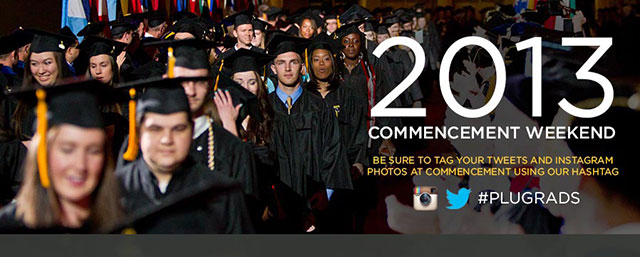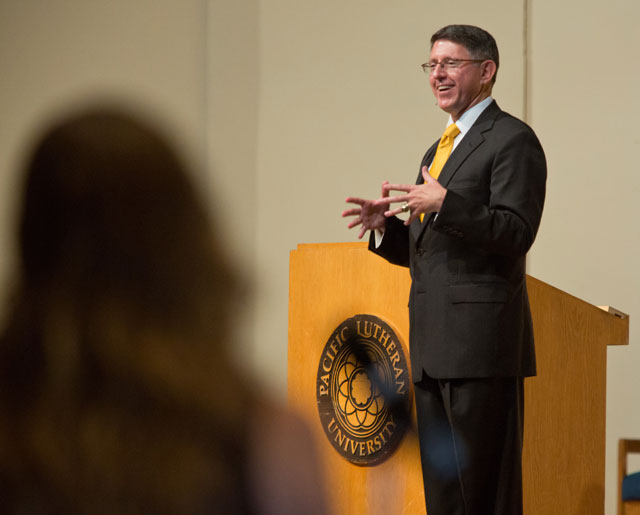Page 69 • (685 results in 0.086 seconds)
-

while on campus and while abroad in Germany. I am incredibly nostalgic about leaving, but ready for my next adventure. What’s next? For the next year, I plan to work a lot and save up for graduate school. I will then pursue a master’s degree in development economics, and work towards a career in the foreign service with USAID. Anna Pfohl, Bachelor of Science in geosciences and Bachelor of Arts in environmental studies Anna Pfohl ’13 is from Little Falls, Minn. Why PLU? I visited PLU during the
-
speaker. She spoke not just to the conference participants, but at an open event that produced a huge local crowd, drawn by her commitment to and knowledge of chimpanzees and animals. Students, staff, and faculty at a chapel service blessing animals in 2015 Anyone who has seen her speak knows that it’s something of a cultural phenomenon. Afterwards, however, many at the conference dismissed her forty years of work as sentimental and not scientifically rigorous. Something about her emotional and moral
-

safe. I am so honored to have been able to be a part of and welcome others to the Women’s Center and wish I had been more involved with the Center during my years at PLU.” Farah Schumacher ’14 Former volunteer; used the Victim’s Advocate service and participated in Empower Project Series “In college I had a major life shift that led me to want to do violence prevention and talk about the negative impacts men experience in patriarchy. While there were zero jobs to be had, eventually I learned of one
-

sustainability with an eye towards being a national leader in examining, articulating, teaching, and carrying out these principles Consider ways to ensure that every PLU graduate really and valuably experiences every aspect of our vaunted mission statement—thoughtful inquiry, service, leadership, and care for others, their communities and the earth I’ll end my list there—I just want to give a sense of the things I’ve perceived so far and perhaps a little sense of my own inclinations. These and other
-

decision to rebrand as the “Y,” notably dropping both “men’s” and “Christian” from the organizational acronym. In order to narrate the Y’s transformation from muscular Christian outpost to multicultural gym, we draw on a rich trove of YMCA documents, collected during three week-long visits to the YMCA Archives in Minneapolis. This paper contends that the YMCA leaders decided to move away from single-minded focus on developing “muscular Christian” men because they increasingly prioritized service to
Do you have any feedback for us? If so, feel free to use our Feedback Form.


